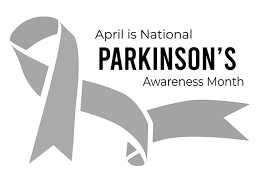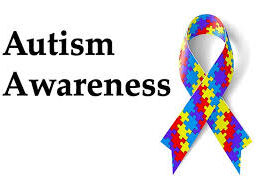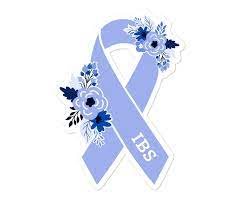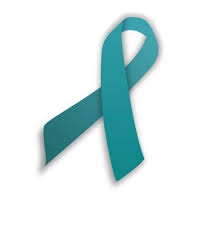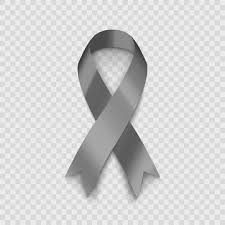
Brain Tumor Awareness: Raising Knowledge on Prevention, Symptoms, and Care
Welcome to a journey of understanding and support as we delve into the intricate world of brain tumors. This month, dedicated to Brain Tumor Awareness, provides a platform to explore the complexities of diagnosis, treatment options, and the vital role of support in navigating this challenging terrain. Join us in raising awareness, fostering understanding, and standing together in solidarity against brain tumor.

This March marks the 10th annual Brain Tumor Awareness Month. Every year, thousands of people are diagnosed with a brain tumor and the outlook can often be daunting.
Overview of Brain Tumor Awareness Month
To mark this special occasion, many organizations have set up campaigns and activities to help those affected by brain tumor and raise awareness among the general public. From online research initiatives to fundraising events, to informational videos and interviews – there is something for everyone to get involved in!
A brain tumor can be caused by a variety of genetic and environmental factors. While they can often be treated with surgery or chemotherapy, they can also be fatal if left untreated. That’s why it’s so important to stay informed about this life-threatening condition.
Tumors can be either benign (noncancerous) or malignant (cancerous). A benign tumor is not generally life-threatening, although they can cause serious complications if they press on vital areas of the brain. Malignant tumors, however, are more aggressive and can spread quickly, making them much more dangerous. Treatment depends on the size, type and location of the tumor, as well as the patient’s age and overall health. Surgical removal is typically the first step, followed by radiation therapy or chemotherapy if necessary. However, some cannot be surgically removed due to their location or size and may require other treatments such as immunotherapy or hormone therapy. In some cases, palliative care may be recommended for those with advanced cases. It is important to talk to your doctor about all of your treatment options and what is best for your situation. With the right treatment plan, they can be managed, and life expectancy improved.
No matter what type of tumor you have, it is important to remember that early diagnosis can make a huge difference in the outcome. Regular check-ups with your doctor, as well as paying attention to any changes in your health, can help you catch the disease early and get the treatment you need. With the right care and support, it is possible to maintain a good quality of life.
It is also important to have understanding and support from family members, friends, and healthcare professionals. Support groups can also be a great resource for people living with brain tumors, providing both practical and emotional support. By connecting with others in similar situations, it can be easier to cope with the everyday challenges.
Overall, while diagnosis can be difficult, it is important to remember that treatments have come a long way in recent years. With the right care and support, it is possible to manage the condition and live a long, healthy life. It is important to speak to your doctor about all of your treatment options and take the time to build a strong support network around you. With perseverance and commitment, it is possible to live a full and meaningful life with a brain tumor.
This month presents us with an opportunity to make a difference. We should strive not only to raise awareness but also to take steps towards finding a cure for this devastating disease. Through conversations about brain tumor treatments, regular check-up appointments, donations, or volunteer work – let us all do our part in honoring those affected by it.
Let us join forces this March as we come together in support of Brain Tumor Awareness Month 2023!
Disclaimer: The information provided in this content is for general informational purposes only. It is not intended as medical or healthcare advice, diagnosis, or treatment. Always seek the advice of a qualified healthcare professional with any questions you may have regarding a medical condition or healthcare decisions.





